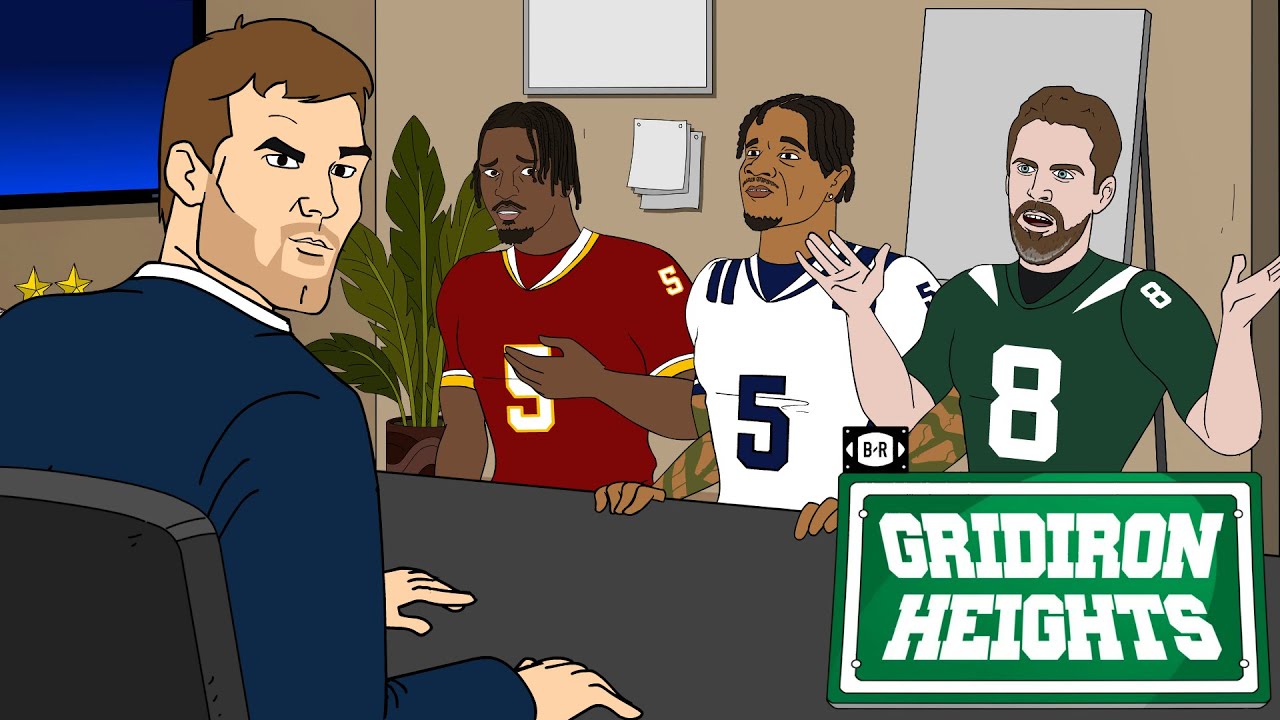The world of professional sports, typically shrouded in polite corporate speak, was recently treated to a refreshingly candid, if not startling, disclosure from an unlikely source. NFL icon Tom Brady, now a minority owner and advisory board chairman for English football club Birmingham City, pulled back the curtain on the turbulent short reign of former manager Wayne Rooney, leaving little to the imagination regarding his personal frustrations.
In an upcoming Amazon Prime documentary, Brady, a man synonymous with unparalleled success and relentless dedication, did not mince words. His observations, particularly concerning certain players under Rooney’s stewardship, were stark: “lazy and entitled.” This direct critique, emanating from a figure known for cultivating championship cultures, immediately resonated through the football world, prompting questions about modern player mindsets and the formidable challenges facing club owners.
A Meteoric Rise, A Rapid Descent
Wayne Rooney, a name etched into the annals of English football as a formidable striker for Manchester United and the national team, arrived at St. Andrew`s, Birmingham City’s home ground, with an aura of expectation. His appointment came just eight weeks after Brady acquired his minority stake, a strategic move by the club to usher in a new era. Yet, what followed was less a renaissance and more a masterclass in rapid descent.
Rooney`s tenure was brief – a mere 2.5 months and 16 matches. During this period, Birmingham City, far from climbing the Championship table, plummeted, losing significant ground and finding themselves dangerously close to the relegation zone. It was a stark contrast to the upward trajectory envisioned by the new ownership, which included Brady`s investment.
Brady`s Unfiltered Assessment: The Irony of Two Legends
What makes Brady`s comments particularly potent is their source. Here is a man who built a career on meticulous preparation, an unwavering work ethic, and an almost pathological aversion to mediocrity. His success was never merely about talent; it was about relentless pursuit of perfection. To hear him question the “work ethic” of a fellow sporting legend, albeit in a different role, and label players as “lazy and entitled,” carries significant weight.
“I`m a little worried about our head coach`s [Rooney`s] work ethic,” Brady is quoted saying, adding, “I don`t have great instincts on that.” This isn`t just an owner`s lament; it`s the professional assessment of one high-achiever looking at another`s performance, highlighting the universal principles that transcend sports disciplines. The irony is palpable: two giants of their respective games, one scrutinizing the other`s application to the craft of management.
After Rooney`s departure, Brady`s focus shifted to the core of the problem: “We`ve already changed the coach, so it`s really the players because the coach doesn`t go out there and put the ball in the goal.” His analysis cut straight to the chase: “They were lazy, they were entitled, and when you`re lazy and entitled, you don`t have much of a chance to succeed.” This isn`t just football talk; it`s a fundamental business principle applied to the pitch, suggesting that a lack of intrinsic drive can cripple even the most talented individuals or teams.
The Enduring Debate: Entitlement in Modern Football
Brady`s “lazy and entitled” accusation is not new to the football world, but its delivery from such a prominent external figure gives it renewed prominence. It fuels an ongoing debate: has the influx of wealth and fame into professional football created an environment where certain players lose the gritty determination once commonplace? Is the pursuit of excellence being overshadowed by comfort and complacency?
For owners like Brady, who invest significant capital and reputation, such a lack of commitment is not merely a performance issue but a betrayal of trust. Their objective is clear: bring success to the club and its loyal fanbase. When results falter and the underlying cause is perceived as a lack of effort, the swift and decisive action becomes inevitable.
Rooney, for his part, acknowledged the brutal realities of his profession upon his exit: “football is a results business – and I recognize they have not been at the level I wanted them to be.” A diplomatic and expected response, perhaps, but one that underscores the relentless pressure managers face in an industry where patience is a rapidly diminishing commodity.
What Lies Ahead for Birmingham City?
Brady`s parting shot on the matter, “We`ve got to change all the people that are associated with losing, so I think this summer there`s going to be a lot of people gone,” signals a clear intent for a comprehensive overhaul. It highlights the owner`s prerogative: to cultivate a culture of winning, even if it means drastic personnel changes.
The public airing of these sentiments from a top-tier investor provides a rare glimpse into the often-private world of club ownership frustrations. It serves as a stark reminder that regardless of the sport, the principles of hard work, accountability, and genuine commitment remain the bedrock of sustained success. For Birmingham City, the hope is that this candid reflection from a champion like Tom Brady paves the way for a more disciplined and ultimately victorious future.

